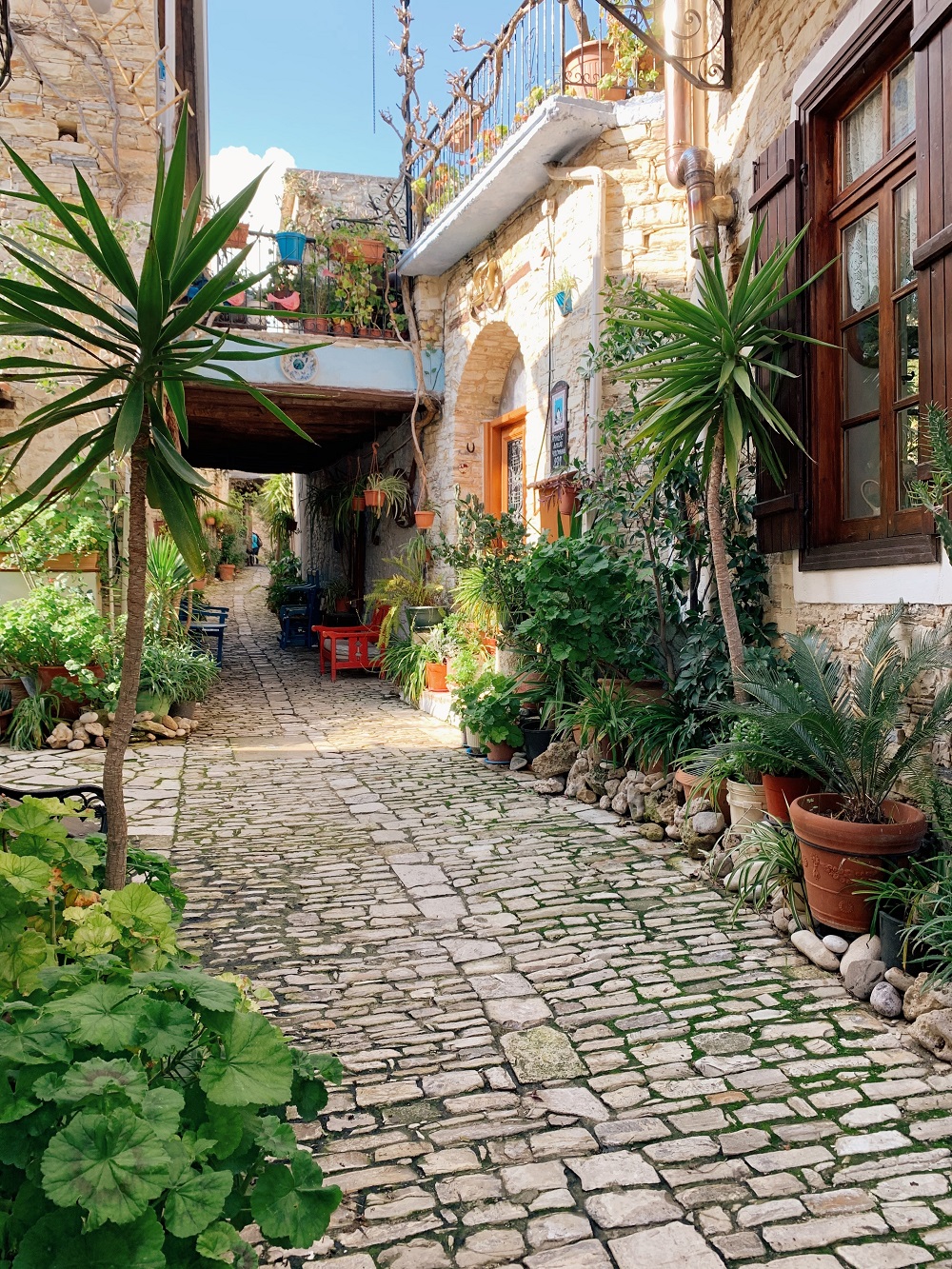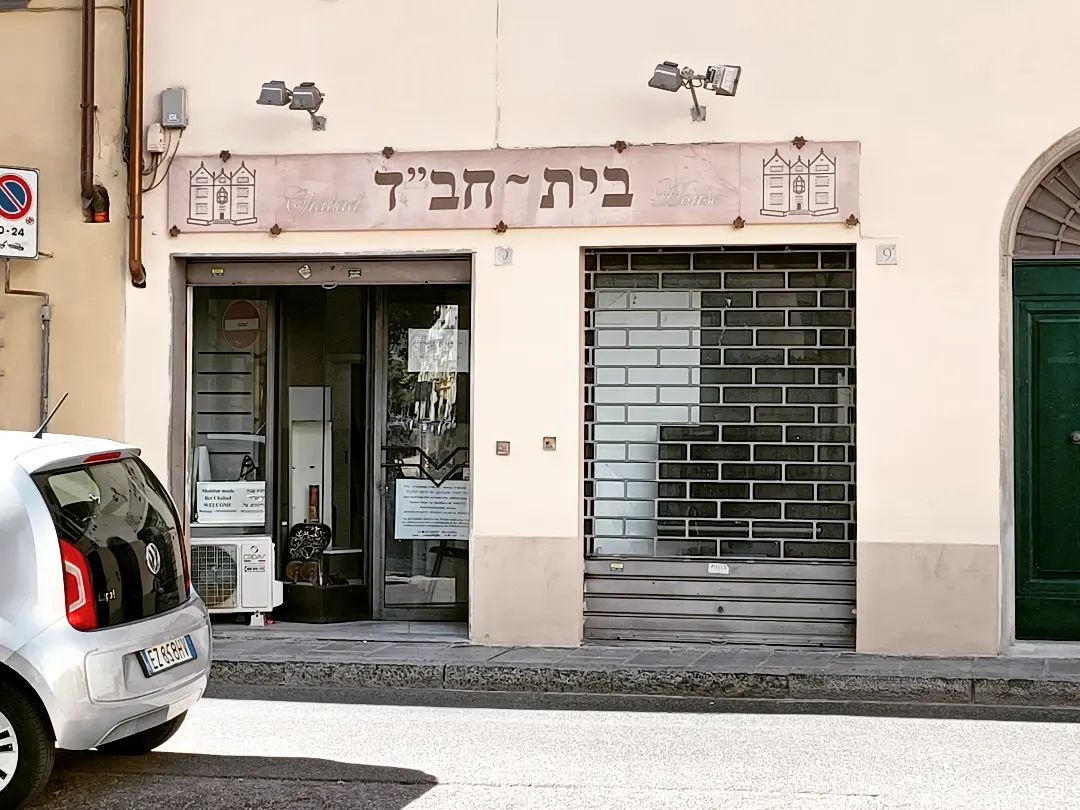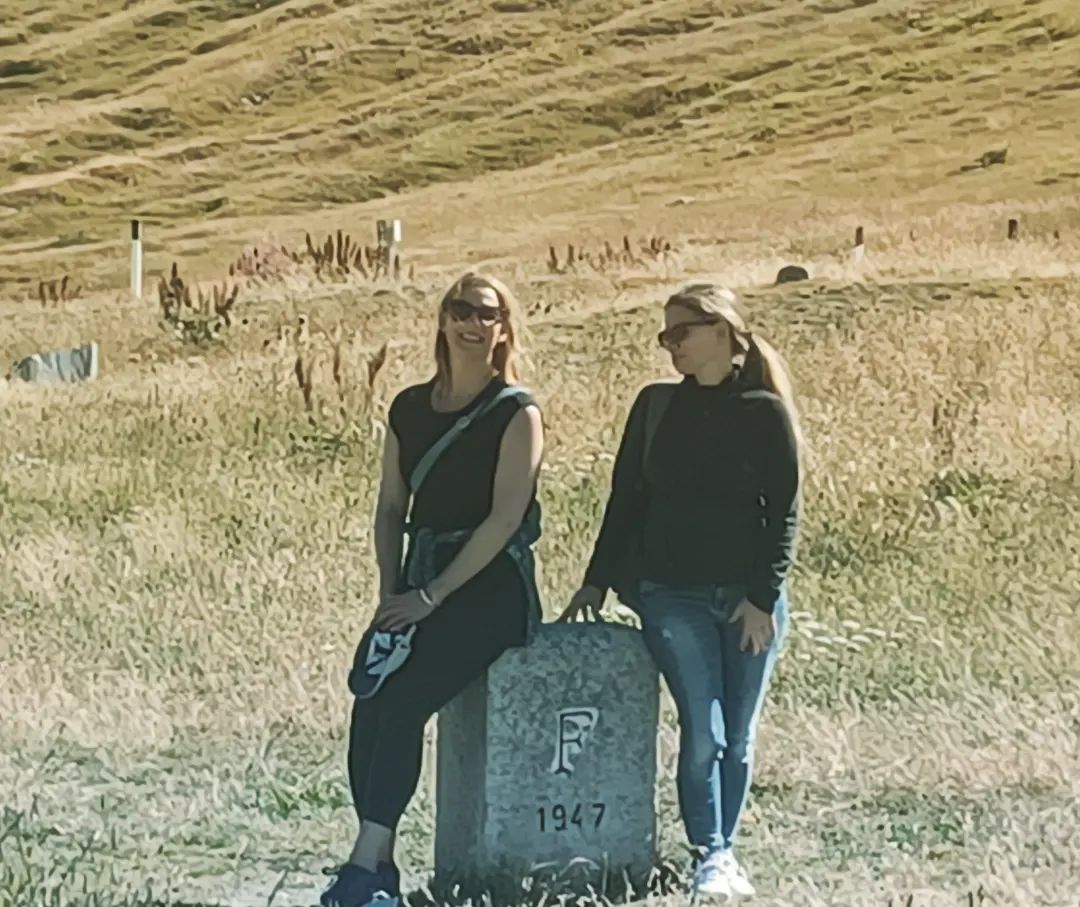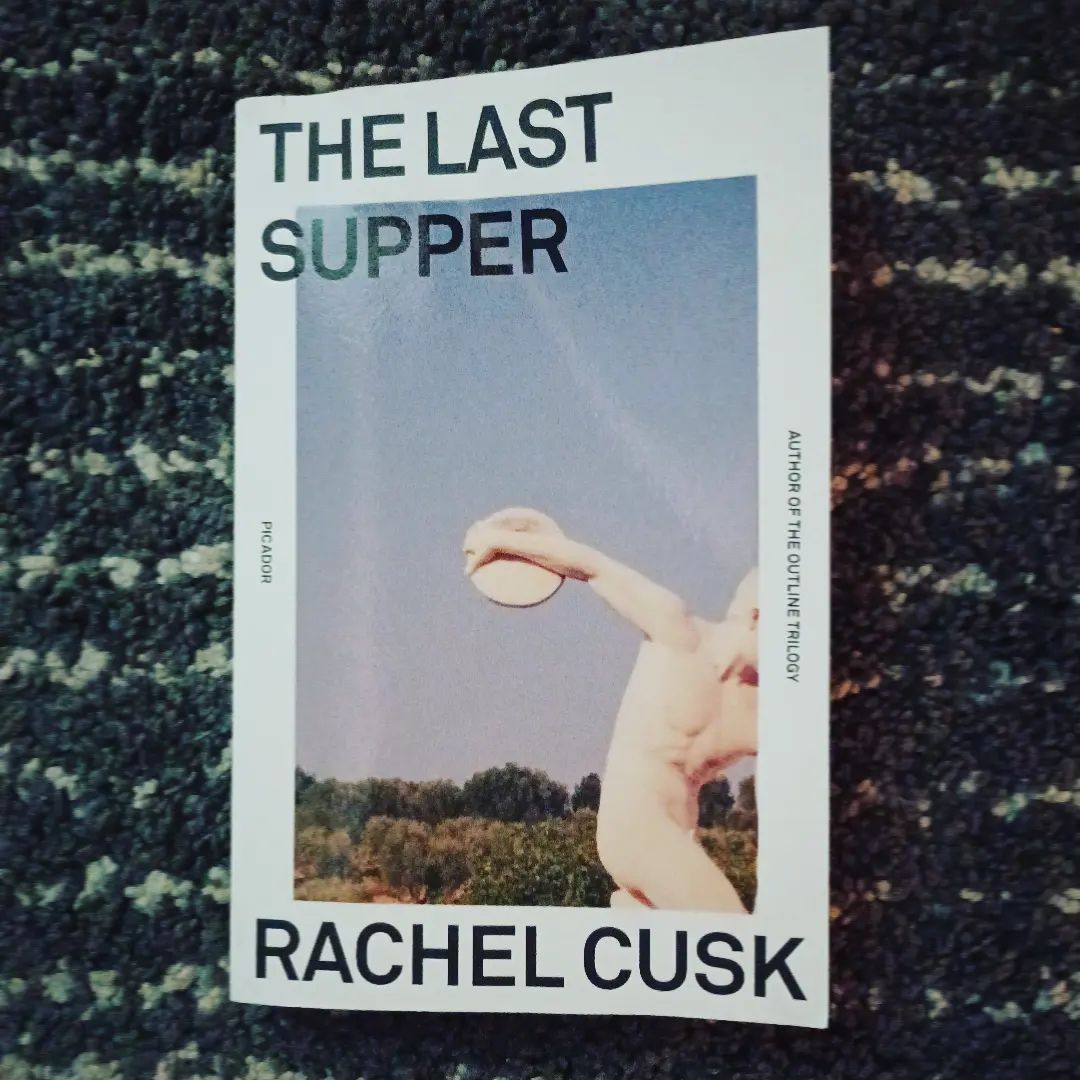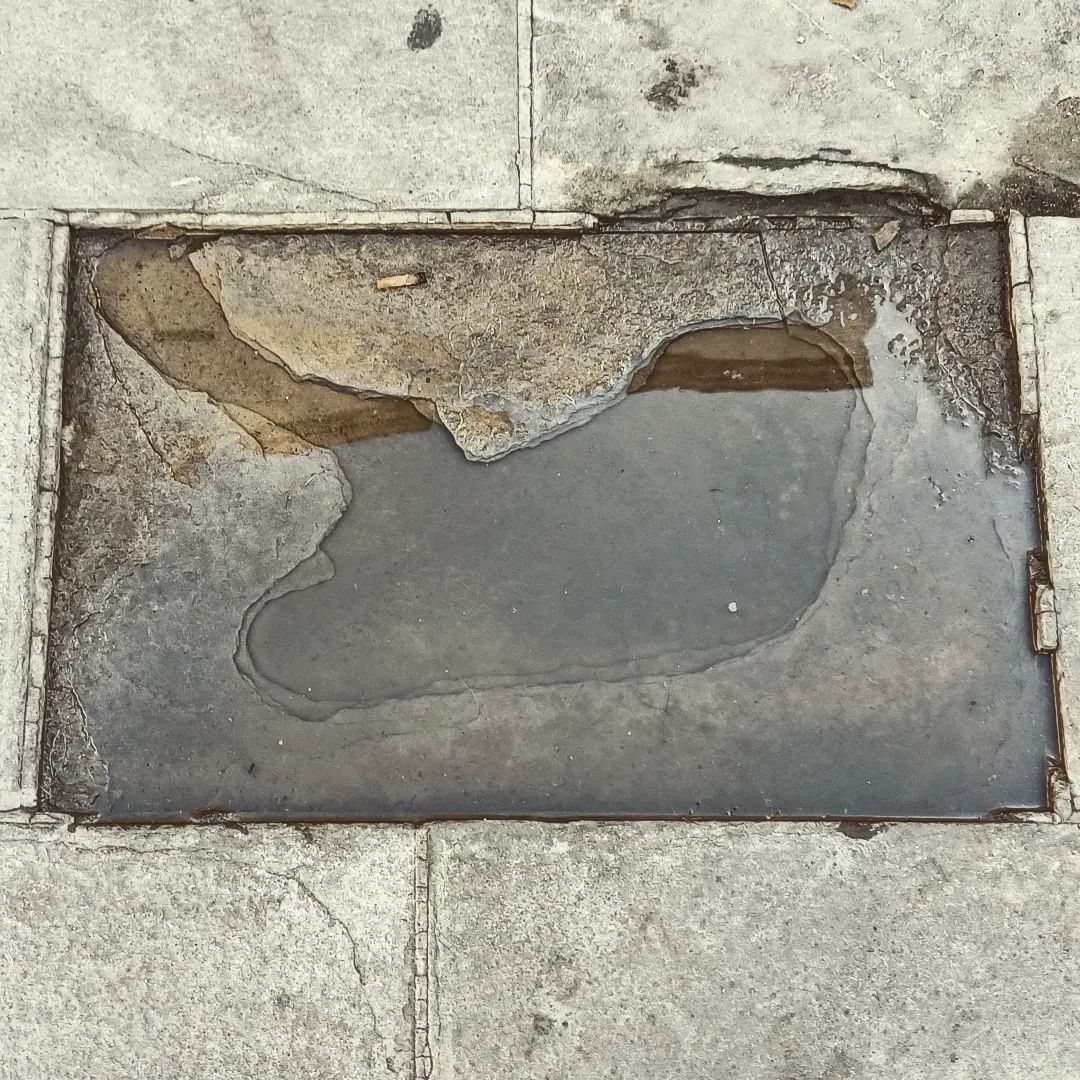
Photo by Chris Boese on Unsplash
It’s easy to get bogged down in Shakespeare, to magnify the meaning 10x, 25x, 100x. The text is rich. Criticism is abundant. Part of the reason I set myself the goal of a play a week in this small project was to maintain a pace that inhibited such slow examination. It’s easy to succumb – but Shakespeare wrote for popular audiences, and never anticipated that his works might someday form their own mighty canon. His works were not even collected at the time of his death. (I am confident a lurking Shakespeare scholar or two will correct me if I am wrong on that point.)
But alas, Romeo and Juliet did in fact lay for me a trap of dramaturgical quicksand. It happens thus: easily drawn in, your are lulled into confidence, until it’s all gone too late, and you’re in too deep. How meta-tragic! Thus did I find myself on Easter eve watching an online production on YouTube at 1.25x, then 1.5x, reading the text on split screen and musing at the irony of watching people come back to life in a cold tomb on this night of all nights, each gaining a measure of immortality in their respective spheres.
It’s been more than a quarter century since I last watched or read this play. I came to it with a mixture of anticipation and dread: on the one hand, so cliché. On the other hand, ripe for renewal. A standby for decades now in freshman English class across America (its bawdy content notwithstanding), perhaps selected for the relatability of the two protagonists to the youthful readership, I mused that the old could be made new again simply by manufacturing a new audience. I mean, Hollywood and capitalism have been banking on this axiom, also for decades. Need to update a play about suicidal star-crossed underage lovers? Wait fifteen years. You’ll soon enough have new hearts and minds to win.
To be fair, R+J (1996) gave this play a full second wind for me, almost a decade after it was my required reading in early high school. I loved everything about the Luhrmann production, the moody scenes set in and around Mexico City, the brooding skies and dark clouds, Clare Danes looking blankly angelic, Leonardo DiCaprio blubbering his way through a good three-quarters of the movie, Paul Rudd as the spurned and then murdered Paris. Most of all, though, I loved the R+J soundtrack, that homage to nineties grunge. I listened to it incessantly. It spoke to my young adult heart like no other collection, with Garbage and Everclear and Radiohead, Stina Nordenstam and the Cardigans, snippets of Shakespearean dialogue strewn throughout the original compositions and as spoken word (“you little pretty piece of flesh,” “I hate the word [peace] as I hate Hell.”). Romeo and Juliet made more sense to me as a 23- and 24-year-old than it had when I was 14. When I was 14 I’d had no power or agency to make a mess of my sentimental life with half-baked impulses parading as decisions, but ten years on I was a professional at poorly articulated reasons for engaging in ill-advised liaisons. Baz Luhrmann and his soundtrack were like a mirror held up to my heart, and while I knew my decisions were poorly thought through at worst and isolating at best, I gritted my teeth and powered on to their natural conclusion which, thankfully, did not included a confused death by suicide.
Now, watching the play another full generation later (in the magnificent version by The Show Must Go Online, produced during the first lockdown of 2020), I am struck both by the caprice of Romeo and the willingness of Juliet to join him in his conceit. Romeo’s not even properly broken up with the invisible Rosaline when he runs into Juliet at her father’s fancy dress dinner party. They’re both dripping in privilege with nursemaids and pages and “Romeo’s man.” He’s only taken with her. He doesn’t know her, and she doesn’t know him. Their mutual projection is rampant. This came across very clearly this time – I find it hard to fathom how anyone can claim this play is based on true love. (Don’t forget that they are like 12 and 13 years old. I look at Victor, almost 11, and shudder.) I feel they could both use a good therapist, or perhaps parents more willing to hear out their adolescent children. Juliet is far too sheltered to weather the emotional tempest, and Romeo has no guiding hand to calm him. The Friar Lawrence tries, but it is too little, too late. Romeo takes no heed. Juliet’s parents tell her off harshly in turn. Exeunt. Her only way out is to return with a brave face and lie. Lying with Romeo leads to lying to parents leads to lying in a tomb ….
I hear Romeo’s joviality with his friends, out on the town, partying and joking, and feel sorry for Juliet, shut up in her grand palazzo with the prating Nurse. I catch and hear more than I ever have before in the Nurse’s monologues (particularly in her telling of Juliet’s age, and recollecting how hard it was to wean the baby Juliet eleven years ago – Lady Capulet and Juliet close by, rolling their eyes) and Mercutio’s abundant and irreverent advice (“If love be rough with you, be rough with Love!”). I particularly appreciated, this time around, Mercutio and Romeo parrying about dreams:
Romeo: I dreamt a dream tonight.
Mercutio: And so did I.
Romeo: Well, what was yours?
Mercutio: That dreamers often lie.
Romeo: In bed asleep while they do dream things true.
I love the subversive pun here. Lie? Or lie? The dialogue in this play shines and feels so normal, so natural. The Bard is really in his element here. My modest research into his late-sixteenth-century milieu has reminded me how much he borrowed from the contemporary Italian commedia (there’s a reason his characters so often have Italian names, and can seem cut from whole cloth). Everything is derivative, and Shakespeare himself, practically a union writer for a thriving theater, was churning out drama for public consumption as fast as he could manage – a bit here, a character there, a plot element (shipwrecks, strawberry-printed handkerchiefs), a list of cities in which to situate the action.
Juliet’s stubborn parents contrive to marry her off to stop her weeping after they figure out the source of her angst is the “banishèd Romeo.” Why not Paris? He is handsome, wealthy, and far above her station. O to escape the fate of simple marriageable chattel! Poor Paris has no idea of the Capulet shitshow he is about to step into. He just thinks Juliet is cute and is willing to put up with her parents.
Parallel to the so-called love story runs the chain of murders: Tybalt kills Mercutio. Romeo slays Tybalt, and later, in the tomb, stabs Paris to death. (Poor Paris again! Caught in the middle of this mess, paying for it with his life.) O had only the adults in the situation been a measure more patient, and twice again as forgiving. Perhaps the tragedy might have been averted, but then we wouldn’t have this eternal gift of a play, which Shakespeare did not really invent himself anyway.
Language that called:
You are a saucy boy. – Sir Capulet
My only love sprung from my only hate. – Juliet
Steal love’s sweet bait from fearful hooks. – Chorus
If thou thinkest I am too quickly won … – Juliet
You kiss by th’book. – Juliet
Benedicite. – Friar Lawrence (gratuitous nod to Latin)
It argues a distempered head / so soon to bid ‘good morrow’ to thy bed. – Friar Lawrence
Where unbruised youth with unstuffed brain. – Friar Lawrence
But old folks, many feign as they were dead, Unwieldy, slow, heavy, and pale as lead. – Juliet
Therefore love moderately. Long love doth so. Too swift arrives as tardy as too slow. – Friar Lawrence
These hot days … is the mad blood stirring. – Benvolio
I will be deaf to pleading and excuses / Nor tears nor prayers shall purchase out abuses. – Prince Escalus (sounding a lot like Sir Capulet – no mercy!)
Be patient for the world is wide. – Friar Lawrence
Graze where you will, you shall not house with me! – Sir Capulet
On a camp side note, I also visited the purported balcony in Verona (gimme a balcony, any balcony!) in 1996, with stationary audio headsets that featured a very posh English accent recounting the tale of Romeo and Juliet for something like 2.000,00 lire. It was mobbed. The courtyard was full of roses. I appreciated it for what it was.
Next up! A Midsummer Night’s Dream, the only Shakespeare play I’ve ever been in (Moth, spring 1988, Edmond North Mid-High). Although I was but a bit part, I was in the cast with some fine actors, many of whom I remain close with to this day. I’ll never forget the excitement and joy of those first read-throughs, with the drama teacher patiently explaining language on pretty much every line.



